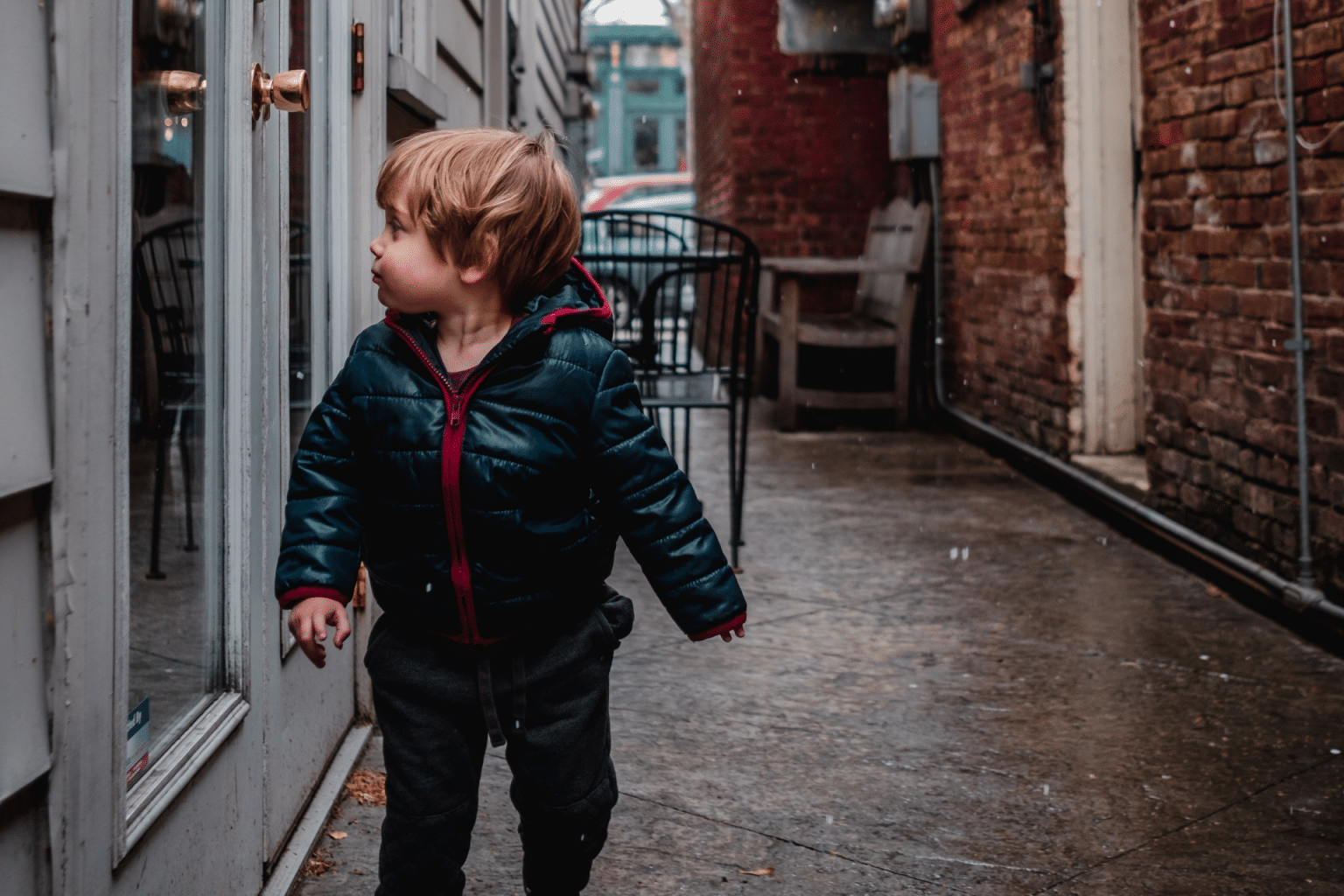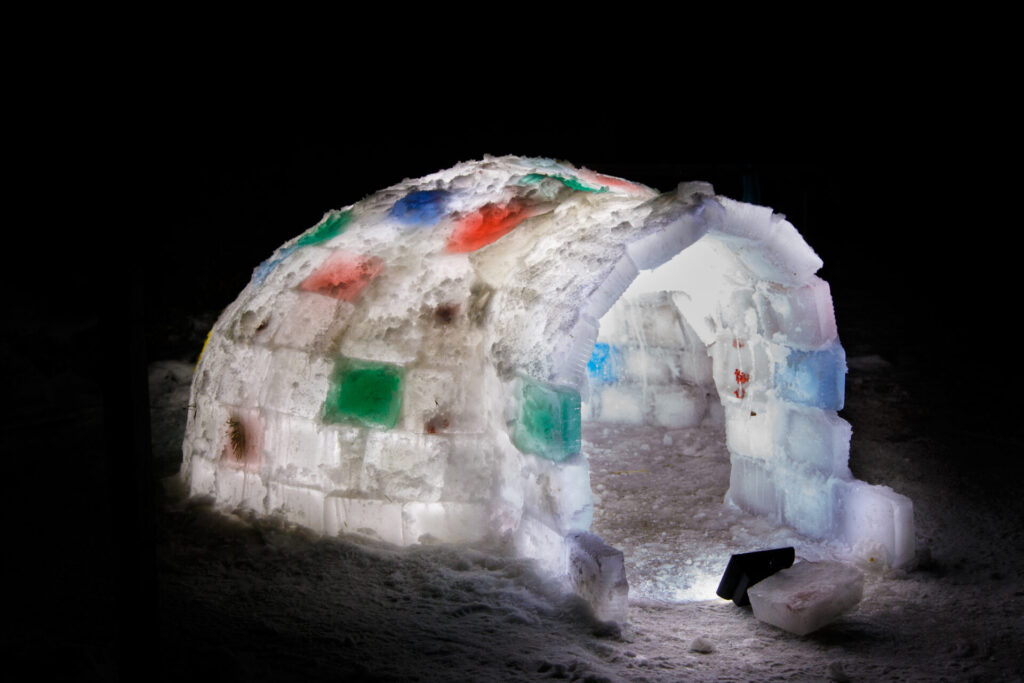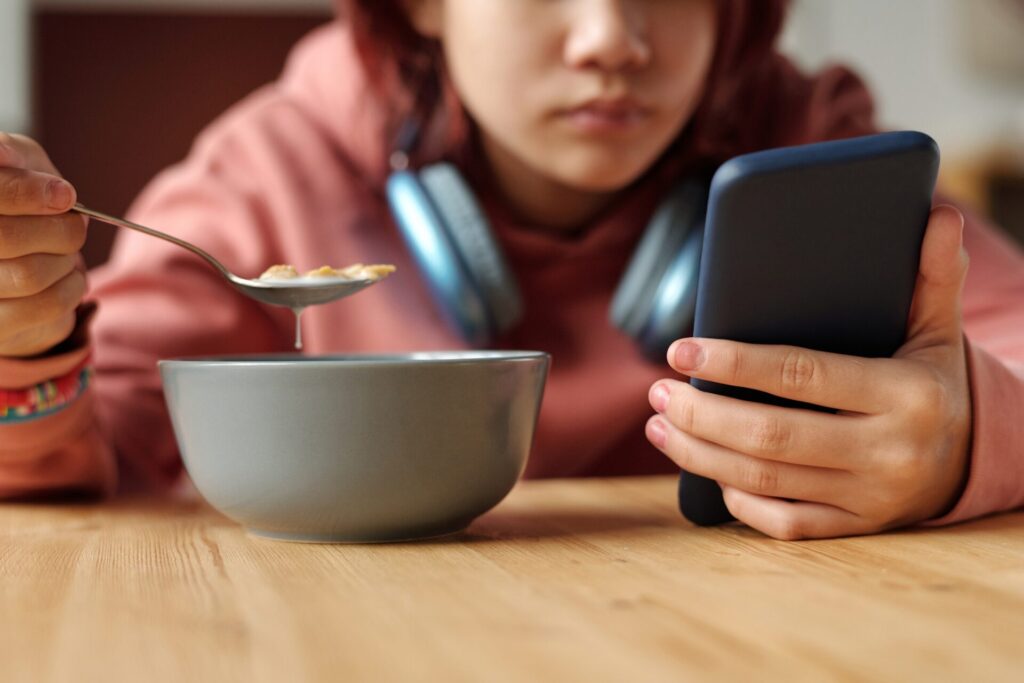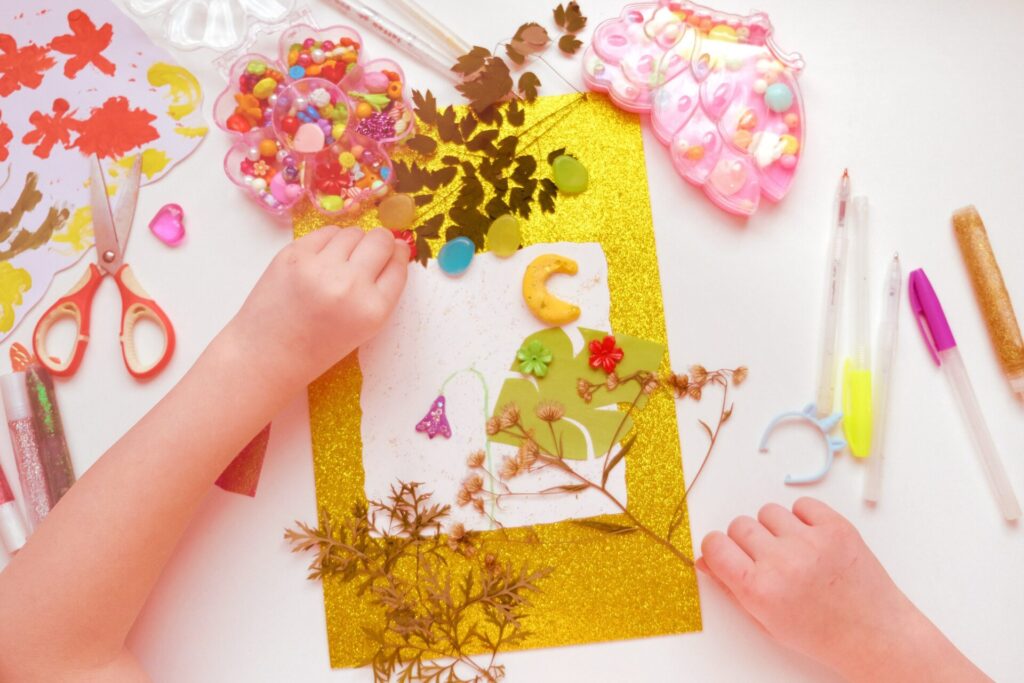This article was written pre-COVID and has been edited to include pandemic-related considerations. Please use caution and obey your current guidelines.
Do you remember the days before sterilizers, boiling pacifiers and antibacterial hand sanitizer? A time when parents would let their kids play in the dirt, exchange juicy kisses with the dog and clean their baby’s soother by sticking it in their own mouth? And we're not just talking pre-COVID. Though nowadays, important cautions abound with keeping distance and hand-washing c/o a global pandemic, but even before that, fear of allergy and infection led us to more squeaky-clean ways; but the pendulum is swinging and doctors are beginning to ask: what’s the harm in a little dirt?
The truth about getting dirty
The percentage of people with allergies has increased since moms around the world began to clean and sterilize everything their baby touches. The truth is, a little dirt is actually a good thing as it has been shown to decrease allergies without (usually) increasing risk of infection. Kids need to be exposed to certain germs to build up their immunity and protect them in the future. This is, of course, within reason. It is still important to wash your hands and your children’s hands after playing with something dirty, and cleaning their toys with soap and water is also still a good thing. Extra care needs to be given to babies under the age of three months when the body is still too weak to fight certain germs. Just use common sense while allowing your children to explore their surroundings.
How to properly care for pacifiers
Boiling soothers to sterilize them after every use, instead of simply rinsing them off, may increase your baby’s risk of allergies without decreasing their risk of infection. That said, use your discretion; sterilizing soothers before three months of age and before the first use may still be worthwhile. “I was very cautious with my daughter at the beginning,” says Mary Frank*, Oakville, Ont. mother of one. “I sterilized her soothers until she was four months old. I knew that a few germs were good for her and I stopped because I realized that everything she could get her hands on went in her mouth anyway, so what was the point?”
Pet play
Research shows that children who grow up in a household with a dog have a reduced risk of asthma as well as allergies. “There are so many more important things to worry about than germs from the dog,” says Mary. “My daughter plays in the grass outside and chances are that an animal peed or pooped there at some point. If I start to worry about germs from the dog I would never let her play outside.” Once again, it’s all about common sense; wash your child’s hands after pet-play and avoid direct contact with an animal’s poop, especially cat litter boxes which can contain some very dangerous pathogens.
Playing in the dirt
There are some instances when dirt can be more concerning. Sandboxes need to be changed frequently and covered at night in order to be a kid-friendly place to play. Stray cats, birds, bugs and spiders are only a few of the potential bacteria and parasite carriers often exposed to sandboxes. Sandboxes are also a great place for child-to-child spread of viruses and bacteria. This doesn’t mean children shouldn’t play outside. “I allow my 21-month-old daughter to play in the dirt outside,” says Lauren Merritt, mother of one from Hamilton, Ont. “The rule is that we always wash our hands after and I do my best at keeping anything (including her hands) out of her mouth while we play in dirty places like the park.”
Half the fun of being a kid is getting a little dirty. Let them play, let them make messes; just do what you would do if you touched something dirty—wash their hands with soap and water and move on!
*Name changed by request
Originally published in Me & Mom, 2014.









